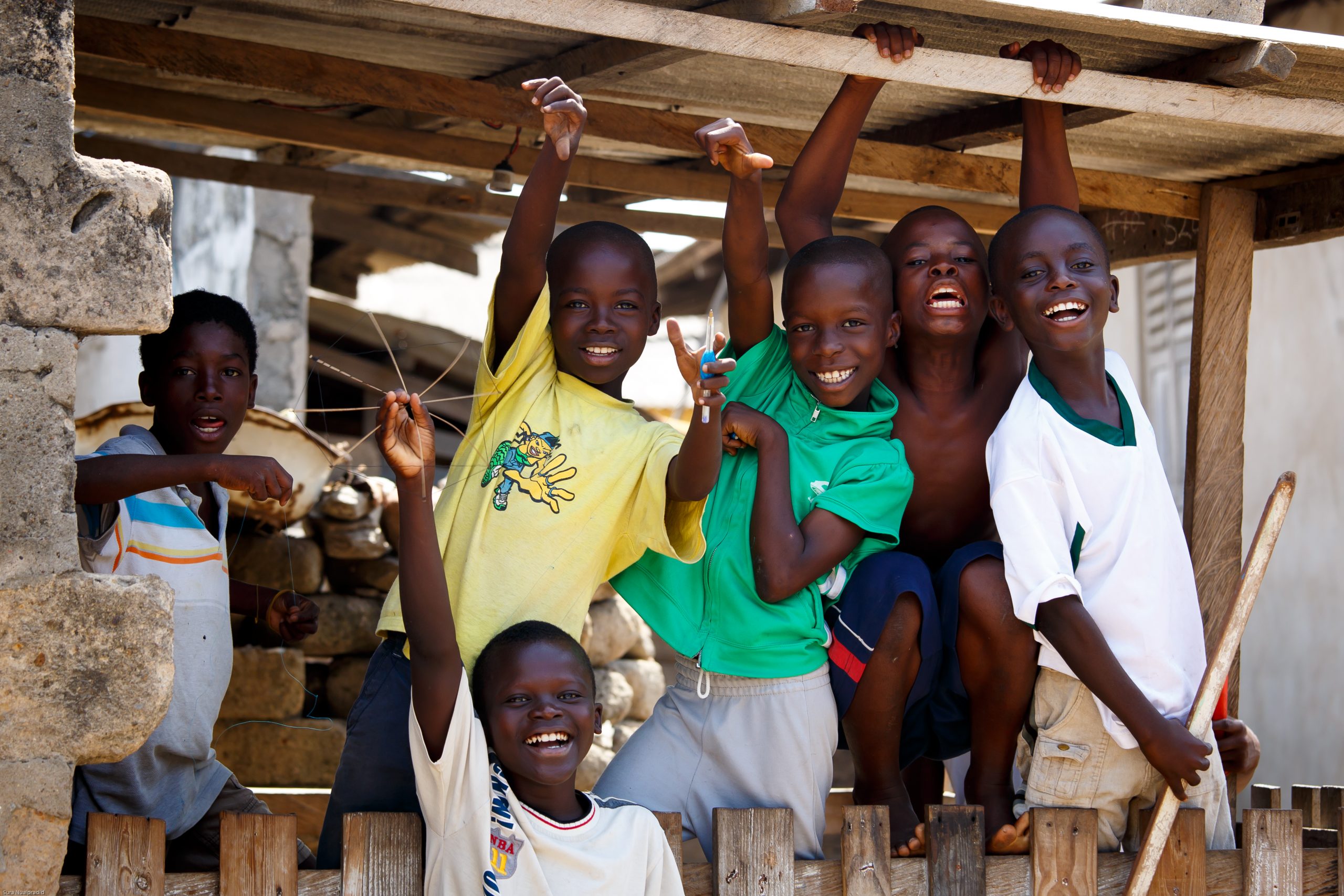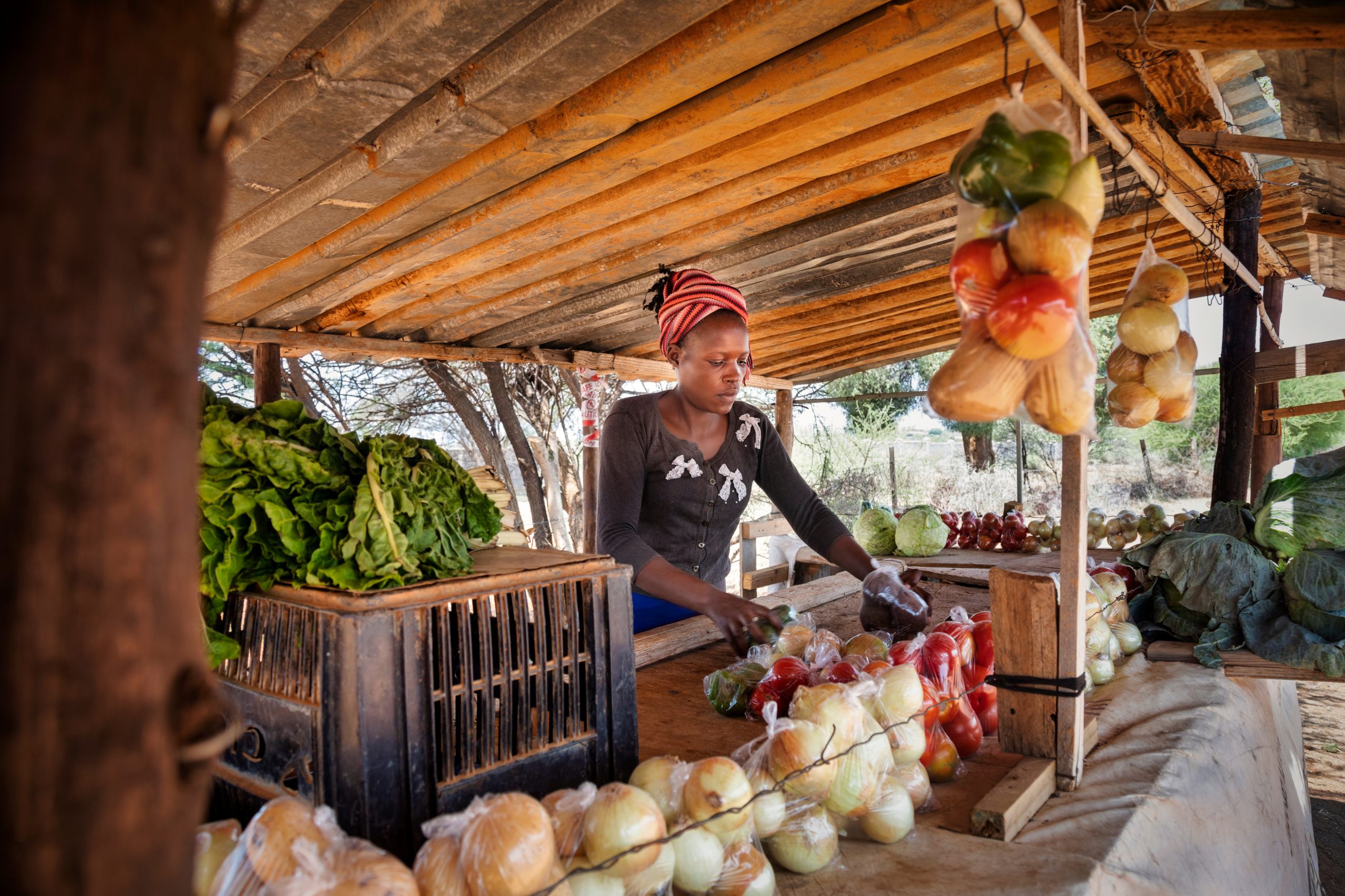2023-02-03
by Nicolas Salazar Sutil
The political landscape in Colombia looks encouraging. The government of Gustavo Petro has overturned traditional party politics of this country with promises of change. Among other things, Petro has advanced social processes that, although left ignored by previous administrations, are now prioritized, and energized by a process of committed political and legal change.
The example of the ongoing peace process with armed groups such as the National Liberation Army (ELN) and the commitment to resolve the government’s historical debt towards rural, indigenous and Afro-descendant communities are examples of this positive change.
Francia Márquez, the renowned Afro-Colombian activist and current vice-president of Colombia, announced just a few months ago that the government would return one million hectares of land to Afro-rural communities. In an interview with Tenure Facility, Astolfo Aramburo Vivas of the Black Communities Process (PCN) maintained that these first months of government can be seen with “plenty of hope for a transformation and a break with what had been going on in the recent past, but that it is necessary to act with a certain modesty and caution.”
PCN is a network of organizations from the Pacific, the Caribbean and central Colombia that was founded in 1993. It is responsible for strengthening Afro-Colombian cultural identities, providing access to natural resources that are environmentally sustainable, as well as the supporting the recognition of ancestral lands.

In the case of Black and Afro-descendant peoples, the territorial debt is around 2 million hectares. For this constitutional promise to be fulfilled, and for Afro-rural peoples to reoccupy the lands they historically occupied in Colombia, the “current demand will not be achieved with the titling of only one million hectares.”
Aramburo adds: “To implement structural transformations, the government will also have to establish a dialogue, and the government will have to give in.” With an open, candid smile, Aramburo emphasizes: “The enthusiasm and all the desire to move forward remain, even though there are questions left unanswered.”
While rural communities yearn for change, and even though Black communities have identified with the proposals that Petro and Márquez have been implementing since the electoral victory of June 19, Aramburo says that access to land remains in the hands of private sectors that speculate on its use and depend on its commercial exploitation.
The question, according to Aramburo, is it what lands the government is going to title for Afro-rural peoples? How is Petro going to obtain a million hectares of land for Black communities if there is no available land today. “There is no land in the hands of the state?” Aramburo adds: “The majority [of fertile rural and agricultural land] is in the hands of the private sector. This means that the only option would be to buy it from the entrepreneurs and transfer the titles of these lands to civil society.”
The problem, according to Aramburo, is the scarcity of economic resources available to the government.

Vladimir Angulo, grassroots organizer of the PCN, says that the pledge has already opened an important territorial planning space, despite this lack of resources. A space for dialogue is vital for organizations such as the PCN to expedite pending land titling cases. PCN has already completed two titling cases since Petro’s victory. PCN is about to deliver three more titles in the Putumayo region, in addition to other lands in the Pacific that would be titled in the next months. “These are goals that have been accelerated with a friendly government,” says Angulo.
The process goes beyond a political proposal. Afro-descendant peoples have historically lived in symbiosis with nature. “The decision to return ancestral lands to Black people is a question of social and environmental justice,” says Aramburo “There is a very strong connection that does not begin here but has a historical legacy from Africa and that is remembered in these territories” he concludes.
“Everything leads us to the same conclusion: There is an environmental and cultural use of the land among Afro-Colombian rural communities. For people who live in community, territory is not a place to extract resources— we have never seen land that way. Only the tree that is needed is cut. Our crops are associated with a form of family and sustainable use that does not involve deforestation,” Aramburo concludes.
When discussing the titling of historic lands for Black and Afro-Colombian people, what is at stake is not only a legal and political process. Aramburo is confident that returning the land to Afro-descendants means returning the land to those who have cared for it for millennia, both in the Americas and in African ancestral territories.
In this process, social and political justices go hand in hand with cultural, environmental and climate justice. It must be taken into account, therefore, that the commitment of Francia Márquez and the current Colombian government is for a future where Afro-Colombian communities recover their land, their sense of belonging, and, above all, their historical legacy as guardians of the forest. This is a commitment to a just society where Colombian society benefits as a whole and in a cohesive and integrative way, and where human harmony with the forest and the good use of freshwater are respected for future generations.
This is, at least, is what Black community leaders like Astolfo Aramburo and Vladimir Angulo yearn for.
Nicolas Salazar Sutil is a researcher and award-winning author, formerly Professor of Transformational Practices at the University of Leeds, now director of Guardians Worldwide. He is a regular contributor to Tenure Facility’s website.
Articles